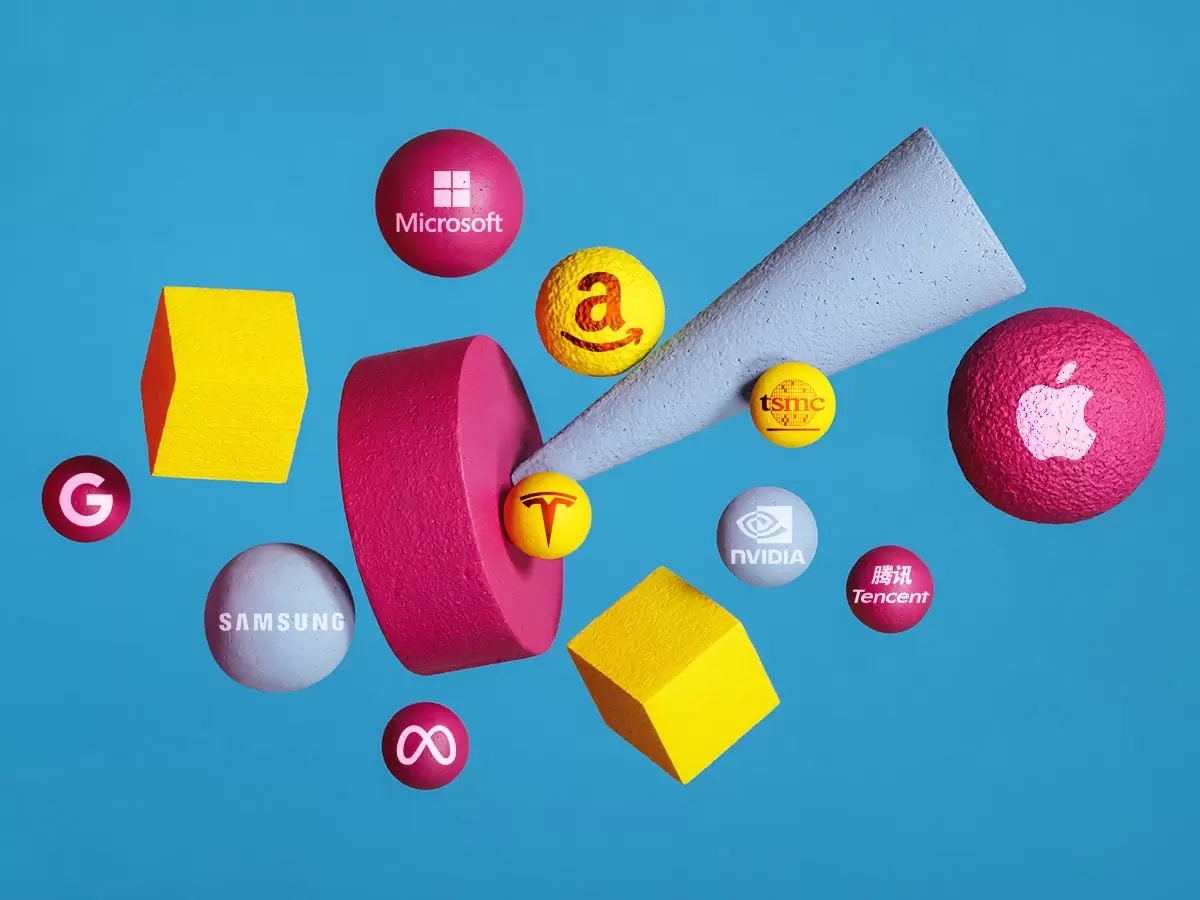Top 10 tech stocks to watch
Learn about some of the biggest tech stocks in the world and which ones to keep an eye on. In this guide, we compile a list of the best 10 tech stocks based on market capitalisation, revenues, and potential growth for the future. Find out which equities are potentially some of the best tech stocks to watch, as well as what each company does, what factors affect share prices, and how to buy some of the biggest global and US tech stocks. Figures displayed below are of each company’s market capitalisation at the time of writing.
This information is up to date as of May 2022. Please note that past performance is not a reliable indicator of future results.

















